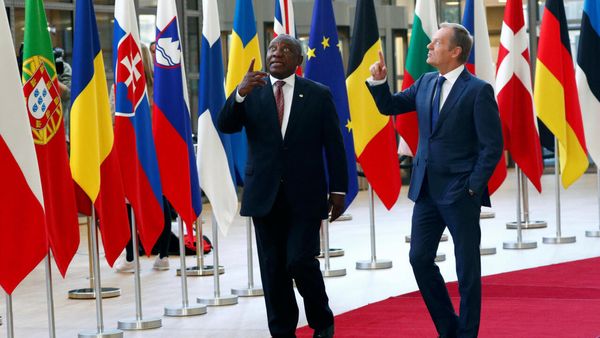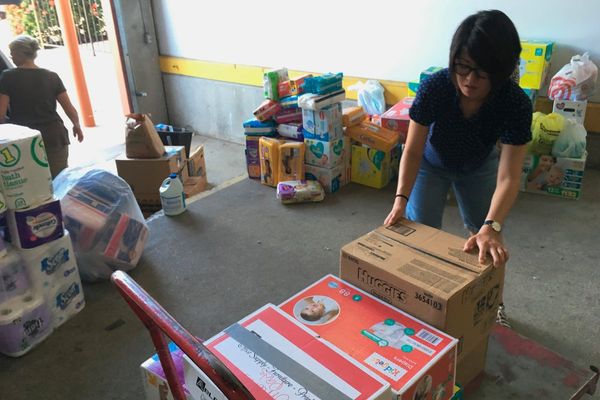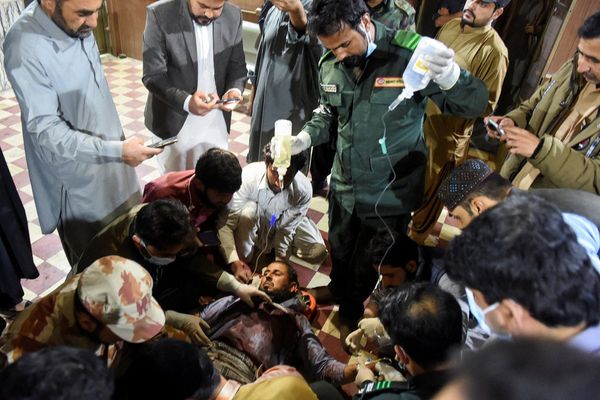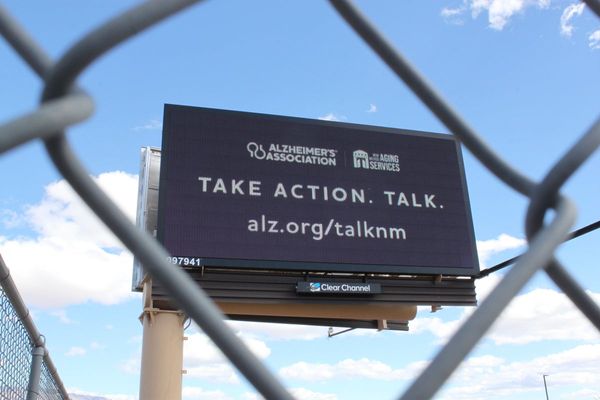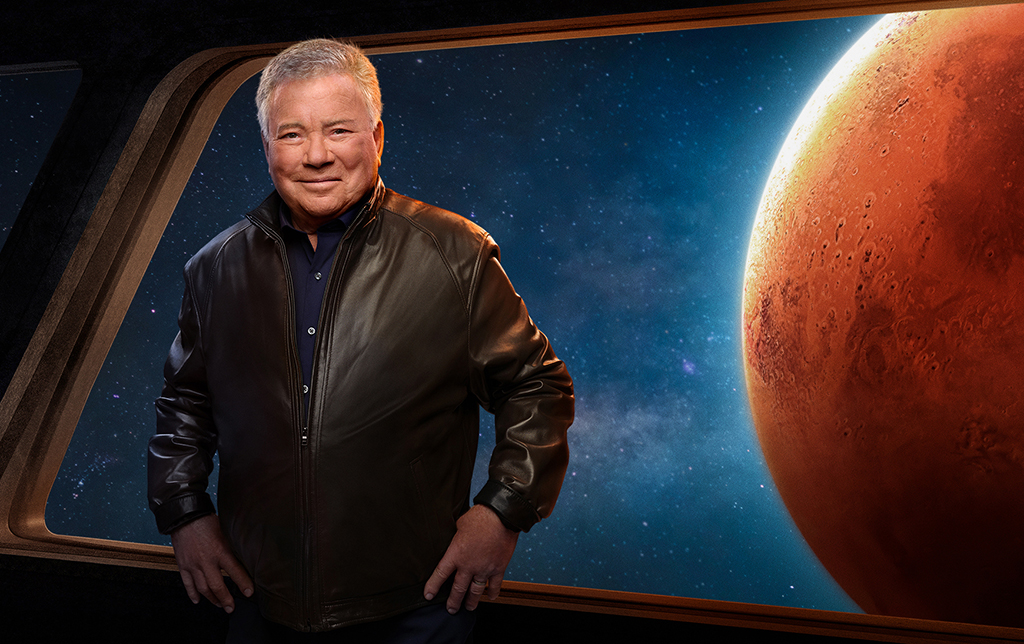
Stars on Mars, an unscripted show that sees a group of celebrities try to survive in a setting that looks and feels like the red planet, debuts on Fox Monday, June 5. The “celebronauts,” in Fox’s words, live, eat, sleep and strategize together in the same space station. William Shatner is the host.
“Watching celebrities take giant leaps out of their comfort zone and step into the unexpected will no doubt be truly transformational and comical,” Allison Wallach, president of unscripted programming, Fox Entertainment, said when the show was announced. “Throughout, we will learn a lot about these stars, and when you factor in William Shatner leading the charge from Mission Control, we have the makings of a show that’s ready to blast off.”
The contestants deal with simulated life on Mars, and use their brains, brawn and social skills to tackle challenging missions. One of the celebronauts is sent back to Earth each week, and one will remain standing at the end. The contestants include Lance Armstrong, Ronda Rousey and Christoper Mintz-Plasse.
Shatner spoke with B+C Multichannel News about Stars on Mars, his own trip into space and what keeps him working at 92. An edited transcript follows.
B+C: What drew you to Stars on Mars?
William Shatner: Imagine if somebody came to you and said, ‘How would you like to do a show called Stars on Mars? Would you say no or would you say yes?’ Stars on Mars, what a great idea!
B+C: Was it the title that drew you initially, or the concept?
WS: The title indicates the concept.
Interestingly enough, the location the production company chose is in Australia, a desert area known as Coober Pedy, where they have opal mines. I had visited Coober Pedy many, many years ago. It’s so hot that people live underground. I crawled around the tunnels where they were excavating. They had strung light bulbs. The way to get around the terrible heat is to live inside the ground like animals.
That’s part of what we do on Stars on Mars.
B+C: I know you’ve hosted various shows over the years. Have you ever hosted a game show or a competition series?
WS: I did. [ABC’s Show Me the Money] was a wondrous show with lots of girls and money. Everything was perfect except for one thing we only discovered after the show was canceled after a short period of time. That was, there was no jeopardy [for contestants] — the contestants had to stay on, they couldn’t get off.
For Stars on Mars, people are voted off, and the last one remaining is the greatest star in the universe. You have to have jeopardy, somebody has to lose.
B+C: Do you have influences or even role models in terms of game-show hosts?
WS: We can’t think of this as a game show. It enters into a kind of category that’s out there — people who compete, and if they lose they leave. The whole idea is to stay on as long as possible. What do you call a show where the celebs one-by-one are voted off, and gradually the number declines to one? Is that a game show?
B+C: I would say a competition series.
WS: Competition series, perfect! This is a competition series.
B+C: What makes Stars on Mars right for 2023?
WS: Sooner or later — with the latest explosion of a giant rocket it may be a little later than sooner — we’re gonna send astronauts to Mars and have them live there for a while and bring them back. I’m struck by the fact that the Webb Telescope [on Mars] unfurled its mirrors and solar panels, and almost instantly one of those solar panels was struck by a meteorite. That’s how much jeopardy there is in
going to Mars, living on Mars. You’re being pelted all the time. It just takes one of those things to make a bad day.
I’m told by astronauts that they’ll have shielding, but it’s very dangerous to go there.
In the competition show there’s an element of danger, but not as much as actually going to Mars.
B+C: Your trip to space in 2021 — did it turn out to be what you hoped it would?
WS: It was a very profound experience. On that trip, everybody was toasting themselves with champagne, but I emerged from the spaceship weeping. I didn’t know why I was crying but I couldn’t stop. I was embarrassed and had to go sit down someplace.
What I finally analyzed was, I was in grief for the world.
That led to the whole entertaining experience at the Kennedy Center, where I sang the song that I and another guy wrote, “So Fragile So Blue,” because I had become aware. We’re told how fragile [Earth] is, but you have to see for yourself how incredibly small this little rock that we live on is.
When I was a pilot, we were admonished all the time, you can’t go above 12,500 feet without additional oxygen. You have about two miles of usable air. Above two miles and you’re gonna die! You have this little rock with two miles of usable air. We’re all living on it. We went from a few million human beings to 8 billion and moving up. We’re crowding each other, we’re elbowing each other off the earth. The air we breathe, the water we drink, the land we live on, it is polluted beyond belief. All that becomes abundantly clear.
B+C: On a lighter note, what are you watching for fun?
WS: Last night I found myself watching a documentary on chimpanzees. The camera work was unbelievable. The chimps themselves are wild. How they behave, their almost humanlike expressions, is astonishing.
The natural world has dazzled me for the longest time.
B+C: Do you watch any of the current Star Trek shows?
WS: I have not. I don’t know why I haven’t.
B+C: What keeps you working at your age?
WS: I’m really well. I’m healthy. My mind works as well as it ever has, which is somewhat limited. [Laughs.] I’m having great fun!
